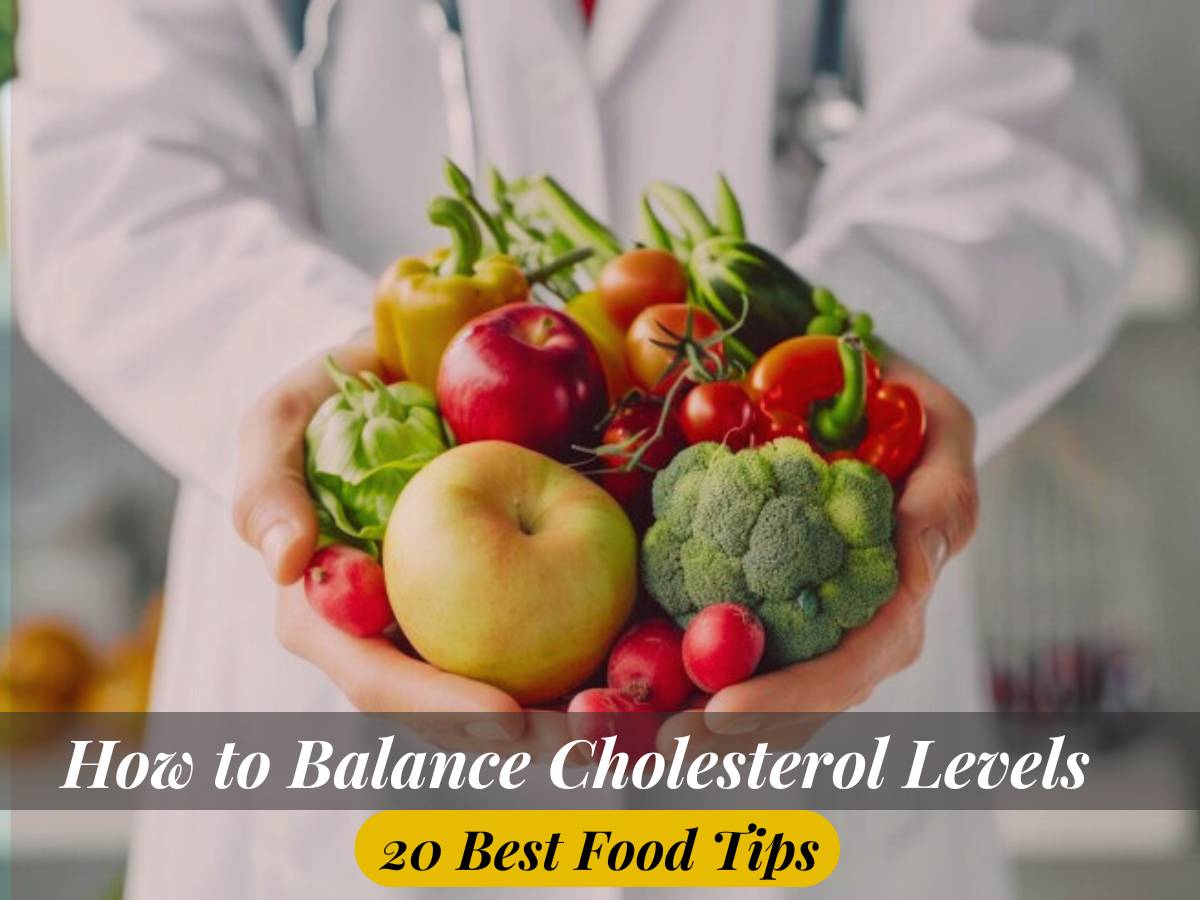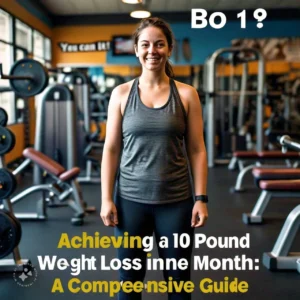According to the latest statistics from the Centers for Disease Control and Prevention (CDC), approximately high cholesterol affects around 86 million adults, 25 million with levels above 240 mg/dL, and 7% of U.S. children have high fat.
So, are you looking for ways to take control of your cholesterol levels and boost your heart health? Well, you are in for a treat! We’ve got 20 food tips that can swiftly and deliciously help you reduce cholesterol levels. It’s incredible how simple tweaks to your diet can yield significant results quickly. So, let’s embark on this journey to explore a variety of mouthwatering options that can make a positive impact on your fat levels.


What reduces cholesterol quickly?
Lowering it quickly may be a concern for some individuals, especially if they’ve received high fat test results or have other heart health worries. While quick fixes aren’t a long-term solution, several strategies can help you start making a positive impact on your cholesterol levels. Here are some pro tips by experts:
- Choose Heart-Healthy Fats: Instead of saturated and trans fats in red meat, butter, and processed snacks, go for healthier fats like monounsaturated and polyunsaturated fats. These fats, found in foods like avocados, nuts, seeds, and olive oil, can raise high-density lipoprotein (HDL) fat, which is beneficial for heart health, while lowering low-density lipoprotein (LDL) cholesterol, the harmful type.
- Load Up on Soluble Fiber: Soluble fiber acts like a sponge in your digestive system, binding to fat and helping to eliminate it from your body. Foods rich in soluble fiber include oats, barley, legumes (beans, lentils, chickpeas), fruits like apples and citrus fruits, and vegetables like carrots and Brussels sprouts.
- Eat Fatty Fish: Fatty fish like salmon, mackerel, and trout are excellent sources of omega-3 fatty acids. These healthy fats have been shown to lower triglycerides (a type of fat in the blood) and increase HDL cholesterol levels, reducing the risk of heart disease.
- Get Moving: Regular physical activity, such as brisk walking, jogging, swimming, or cycling, can boost HDL fat levels and improve overall cardiovascular health. Aim for at least 150 minutes of moderate-intensity aerobic exercise or 75 minutes of vigorous-intensity exercise per week.
- Kick the Smoking Habit: Smoking not only damages your lungs but also lowers HDL fat levels. Quitting smoking can lead to positive changes in HDL cholesterol and decrease the risk of heart disease.
- Control Your Portions: Overeating can lead to weight gain and obesity, which can negatively impact fat levels. Watch your portion sizes and focus on balanced meals that include whole grains, lean proteins, and plenty of fruits and vegetables.
- Limit Processed Foods: Processed foods often contain unhealthy trans fats, which can raise LDL cholesterol and lower HDL fat. Read food labels and opt for whole, unprocessed foods whenever possible.
- Manage Stress: Chronic stress can contribute to unhealthy lifestyle habits and may affect cholesterol levels. Practice relaxation techniques like meditation, yoga, deep breathing, or spending time in nature to reduce stress.
- Consider Medication: Doctors may prescribe fat-lowering medications, such as statins, for individuals with significantly high cholesterol levels or those at high risk of heart disease. These medications are typically used in conjunction with lifestyle changes for effective fat management.
Remember, everyone’s body is different, and cholesterol management is not a one-size-fits-all approach. It’s essential to work with a healthcare professional to develop a personalized plan based on your specific health needs, risk factors, and medical history. Regular check-ups and monitoring of fat levels will help you track your progress and make any necessary adjustments to your lifestyle or treatment plan.
How to Balance Cholesterol Levels? 10 Food Tips


Maintaining a balanced fat level is crucial for a healthy heart and overall well-being. While genetics can play a role in fat levels, lifestyle choices, especially your diet, can significantly influence them. Let’s explore ten food tips that can help you balance your cholesterol levels:
1. Embrace Heart-Healthy Fats: Not all fats are bad! Opt for unsaturated fats found in foods like avocados, nuts, seeds, and olive oil. These fats can raise your good HDL fat levels and lower your bad LDL cholesterol levels.
2. Fiber-Rich Foods Are Your Friends: Include plenty of fiber in your diet from sources like whole grains, fruits, vegetables, and legumes. Soluble fiber, in particular, can help reduce LDL fat by binding to it and removing it from your body.
3. Omega-3 Rich Foods: Omega-3 fatty acids are excellent for heart health. Consider eating fatty fish like salmon, mackerel, chia seeds, flaxseeds, and walnuts, as they can help lower triglycerides and increase HDL fat.
4. Load up on Colorful Fruits and Veggies: Antioxidant-rich fruits and vegetables not only provide essential nutrients but also help protect your heart from cholesterol oxidation. Aim to have a rainbow of colors on your plate!
5. Mindful Protein Choices: When consuming protein, opt for lean sources like skinless poultry, lean cuts of meat, or plant-based proteins such as tofu or beans. Reducing saturated fat from animal sources can be beneficial for your fat.
6. Garlic and Onions are Cholesterol Busters: These aromatic wonders contain compounds that can lower fat levels. So, don’t hesitate to add them to your dishes for a delicious and heart-healthy boost.
7. Limit Processed Foods: Processed foods often contain unhealthy trans fats and high levels of sodium, which can raise bad fat levels. Try to minimize their consumption and focus on whole, unprocessed foods.
8. Heart-Healthy Breakfast: Opt for oats—a great source of soluble fiber—to lower LDL fat levels. The beta-glucan in oats absorbs cholesterol, supporting a healthier heart. Customize with fruits and nuts for a delicious and nutritious start to your day.
9. Green Tea Power: Enjoy a cup of green tea regularly! It contains antioxidants that can help lower LDL fat and promote heart health.
10. Dark Chocolate Delight: Yes, you read that right! Dark chocolate, in moderation, can have heart-protective properties. Look for dark chocolate with a high cocoa content and savor it as an occasional treat.
Remember, a balanced diet is just one aspect of managing fat levels. Combine these food tips with regular physical activity, maintaining a healthy weight, and avoiding smoking to achieve optimal fat levels and reduce your risk of heart disease.
Before making any significant changes to your diet or lifestyle, it’s always a good idea to consult with a healthcare professional or a registered dietitian. They can provide personalized advice and guidance based on your individual health needs. Here’s to a heart-healthy journey!
Foods to Avoid with High Cholesterol
When dealing with high cholesterol, being mindful of your diet is essential for managing your fat levels and supporting heart health.


- Limit Saturated Fats: These fats are commonly found in fatty meats (like beef, lamb, and pork), full-fat dairy products, and tropical oils (coconut and palm oil). They can raise LDL cholesterol, which can contribute to the development of atherosclerosis.
- Watch out for Trans Fats: Trans fats are often found in processed and fried foods, such as baked goods, cookies, crackers, and fast food. They not only raise LDL fat but also lower HDL cholesterol, making them a double threat to heart health.
- Cut Back on Processed Meats: Deli meats, sausages, and bacon are examples of processed meats that are typically high in saturated fats and sodium. Opt for lean protein sources like poultry, fish, or plant-based options.
- Reduce High-Cholesterol Foods: Foods with high-fat content include organ meats (liver, kidney), shellfish, and egg yolks. While these foods don’t impact fat levels for everyone, it’s best to consume them in moderation, especially if your doctor recommends it.
- Limit Added Sugars: Foods high in added sugars, such as sugary beverages, candies, and pastries, can contribute to weight gain and may negatively affect fat levels.
- Cut Down on Salt: High sodium intake can lead to high blood pressure, which is a risk factor for heart disease. Watch out for salty snacks, canned foods, and processed foods, and flavor your meals with herbs and spices instead.
- Be Cautious with Fast Food: Fast food is often laden with unhealthy fats, sodium, and empty calories. Limiting its consumption can positively impact cholesterol levels and overall health.
- Beware of High-Caffeine Drinks: Some research suggests that excessive caffeine intake may negatively affect fat levels. It’s best to enjoy coffee and other caffeinated beverages in moderation.
- Limit Full-Fat Dairy: Full-fat dairy products like whole milk, cheese, and butter are high in saturated fats. Consider switching to low-fat or non-fat alternatives.
Remember, making dietary changes can be challenging, but small steps can lead to significant improvements over time. Focus on incorporating more heart-healthy foods into your diet and reducing the intake of foods that can negatively impact cholesterol levels. Always consult with a healthcare professional or a registered dietitian for personalized advice and guidance based on your specific health needs and goals.
Conclusion:
Congratulations on arming yourself with 20 powerful food tips to combat high cholesterol and promote a healthier heart. Remember, maintaining a balanced fatlevel is a long-term commitment; these dietary changes are just the beginning.
By incorporating these heart-friendly foods into your daily routine and embracing a wholesome lifestyle, you’re taking significant steps towards better heart health. Always listen to your body and consult with healthcare professionals for personalized advice. Here’s to a brighter, healthier future filled with heart-healthy and delicious meals!
FAQ’s
Ques:1 What are the best foods to reduce cholesterol quickly?
Discover these cholesterol-busting foods! Opt for oats, nuts, fatty fish, fruits, and veggies to lower fat effectively.
Ques2: What is the fastest way to reduce high cholesterol?
Speed up fat reduction! Combine healthy foods, exercise, and possibly medication under medical guidance for quick results.
Ques3: How to reduce cholesterol in 7 days food?
Fast-track your heart health! Focus on soluble fiber from oats, beans, and fruits, and avoid saturated fats for a week.
Ques4: How can I lower my cholesterol 20 points?
Aim for a 20-point drop! Adopt a balanced diet, exercise regularly, and consider medication with professional advice.
Join Our Facebook Page Now:
You may also link this post:





